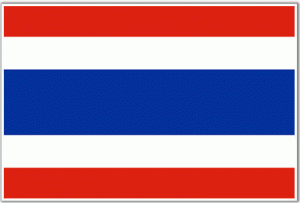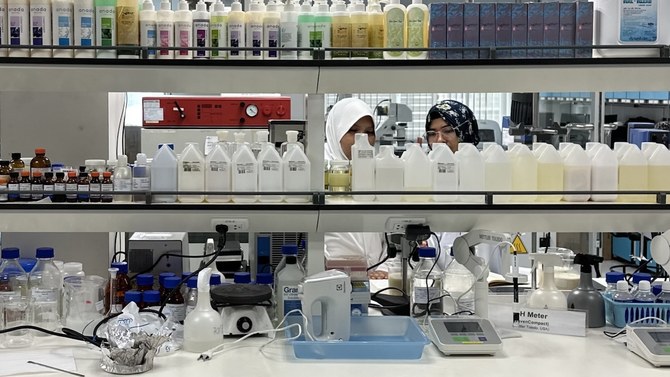Thailand Trade Representative (TTR) Pichet Sathirachawal wants to increase exports of halal products by 30% while raising the value of exported pineapple products to 40 billion baht in the first year of the new government’s administration.
Mr Pichet, who was secretary-general of the Central Islamic Committee (CIC) for five years, will promote Thai trade to the 57-member Organisation of the Islamic Conference and the Commonwealth of Independent States (CIS).
Thailand’s exports of halal products amounted to 10 billion baht last year, up from 8.36 billion baht in 2009, while the global trade was worth US$1 trillion.
Up to 60% of the exports went to Indonesia, Malaysia and Brunei.
He said the first task was to establish an Asean standard for halal products to help regional producers access wider halal markets in the world.
Previously, six Asean countries – Indonesia, Malaysia, Brunei, Singapore, the Philippines and Thailand – agreed to establish a standard, but the plan was shelved when Mr Pichet left the CIC.
He plans to persuade the six nations to open an Asean halal standard office in Thailand, as the country is a major international food supplier.
Earlier, halal food exports were rejected by Indonesia, as the government had no confidence in the Thai standard.
Imports were later allowed after the Indonesian government inspected the standard certification process.
Mr Pichet wants 7,200 Thai food producers to meet the Thai halal standard, up from 1,800 now.
He will visit CIS member Kazakhstan to promote canned pineapple and pineapple drinks.
These Thai products are now re-exported to there from Germany and the Netherlands.
The goal is to raise pineapple product exports to 40 billion baht annually from 26 billion last year.
Farmers and manufacturers asked the TTR Office to help promote trade abroad while the industry prepares its own budget of 3 billion baht to access the wider export market on top of 10 billion to increase productivity.
Thailand’s pineapple output is low at 4 tonnes a rai, while the Philippine and Indonesia can produce 10-11 tonnes a rai.



